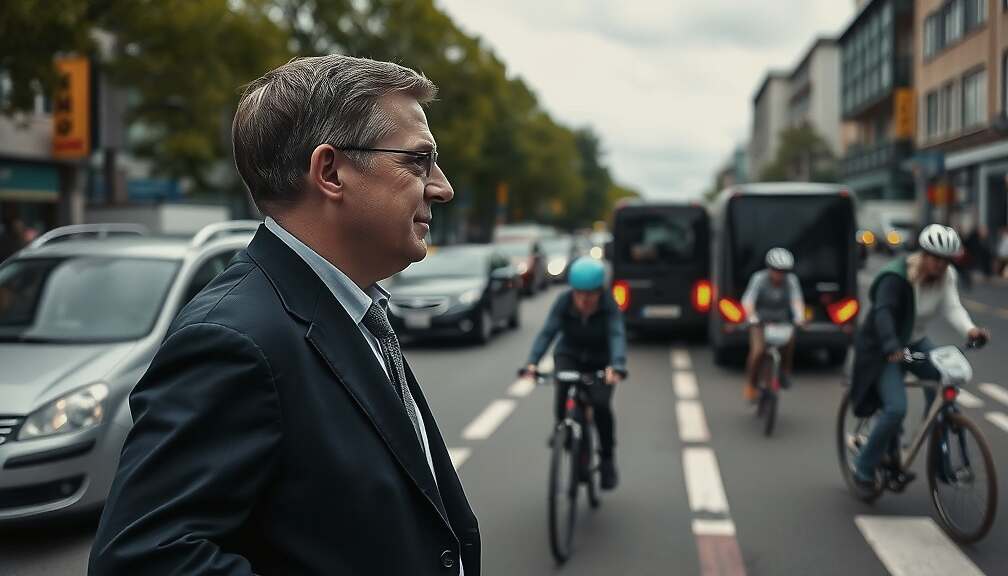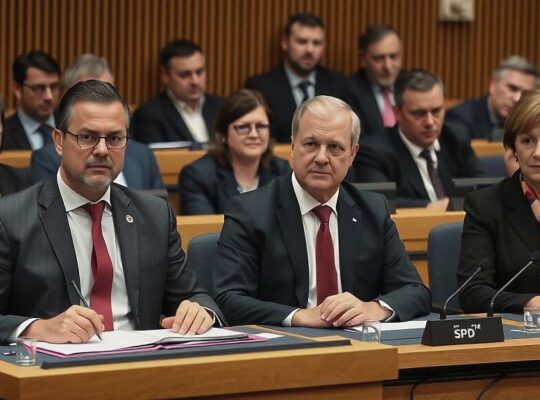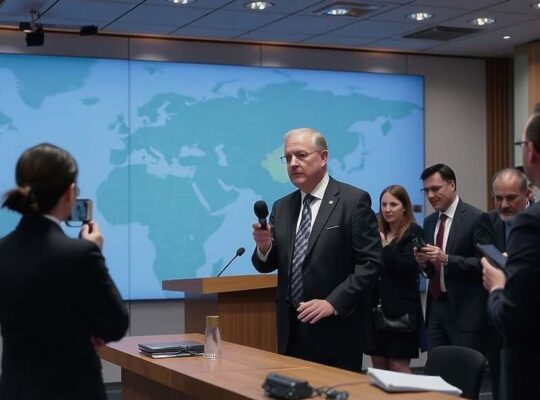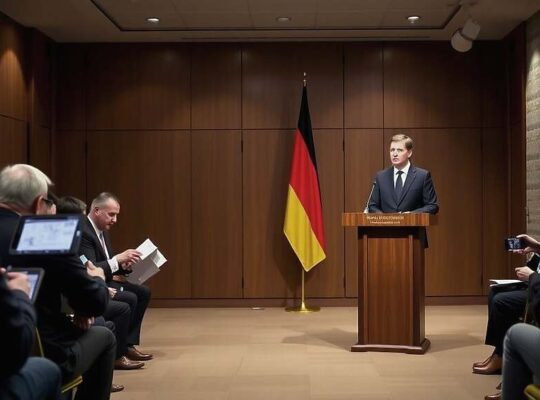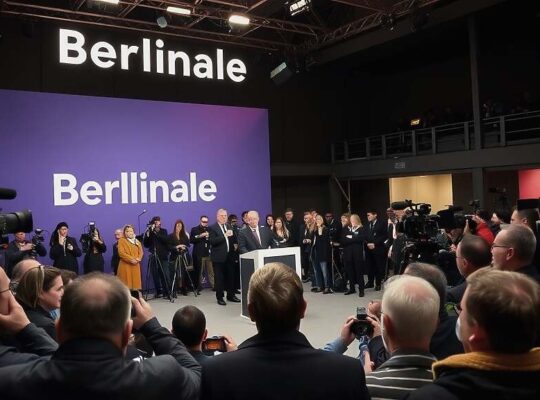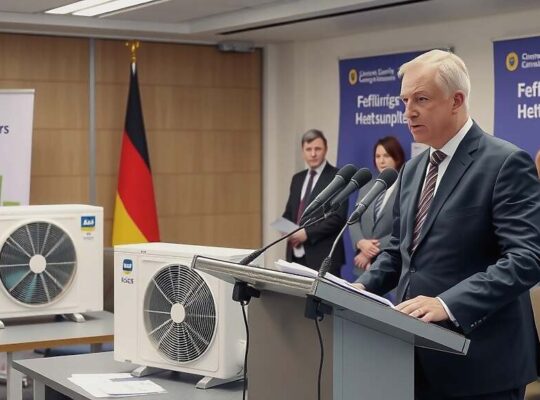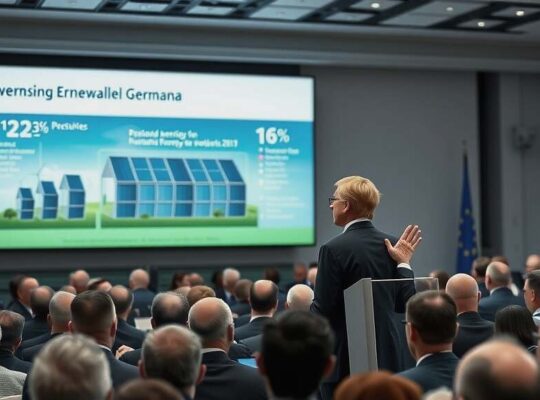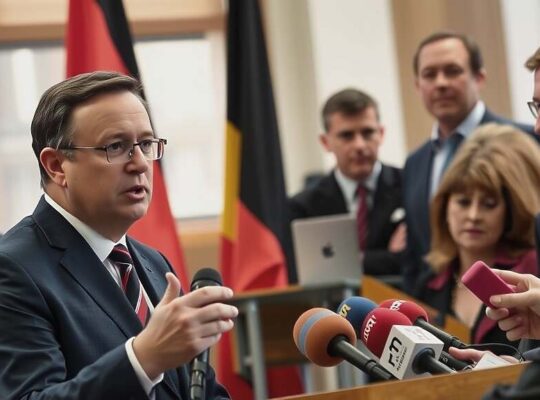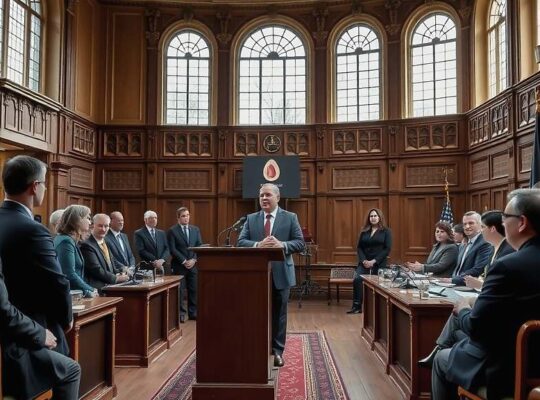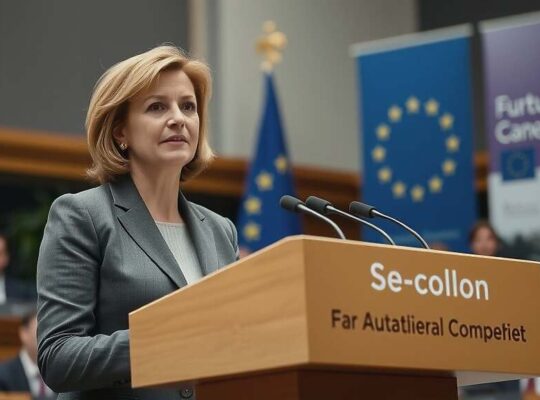Germany’s transition towards sustainable transportation faces significant hurdles, according to Tarek Al-Wazir, Chairman of the Transport Committee. While acknowledging growth in electric vehicle adoption, increased public transport usage and a rise in cycling and pedestrian traffic, Al-Wazir noted that the overall number of cars on German roads remains stable.
He observed a shift in behavior, with many individuals reducing their car usage to a few times a week, but complete abandonment of personal vehicles has yet to materialize. A key obstacle, according to Al-Wazir, is deeply ingrained habit – the expectation of readily available car access.
To facilitate broader change, he emphasized the need for long-term financial stability for initiatives like the Deutschlandticket, a nationwide public transportation pass. Reliable funding, he argued, is crucial for encouraging a modal shift towards public transportation. He also highlighted the potential of car-sharing programs, pointing out that the vast majority of privately owned vehicles remain unused for the majority of the day.
Al-Wazir also advocated for a re-evaluation of urban space allocation, suggesting that current parking provisions consume valuable areas that could be repurposed for pedestrian and cycling infrastructure. Recognizing the continued necessity of personal vehicles in rural areas, he stressed the importance of improving bus and rail connectivity in those regions, conceding that the frequency of services would likely remain lower than in urban centers. Ultimately, he proposed a system of “fair mobility” where individuals utilize the most appropriate transportation method for each journey.


